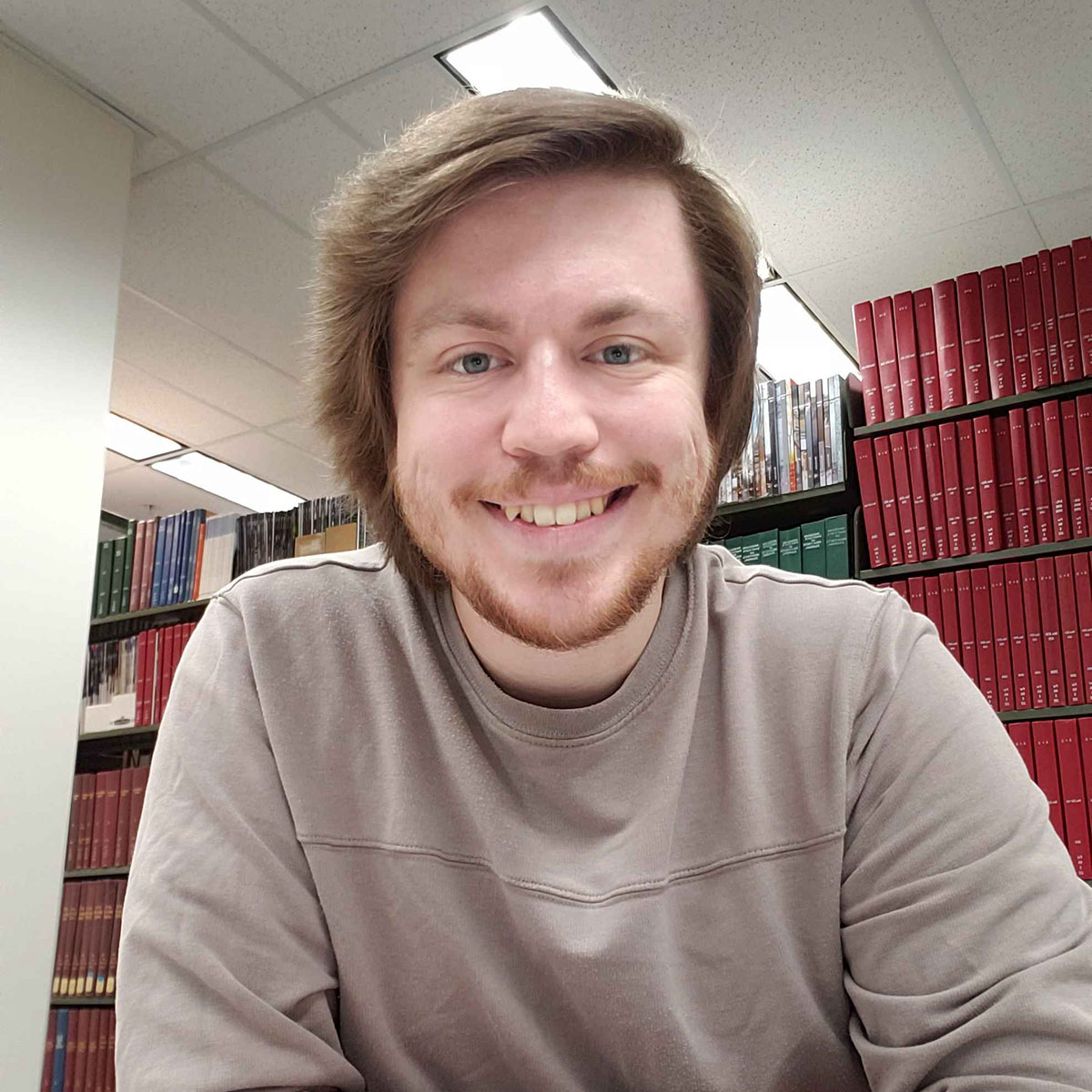Lab Rotation or Internship
Ph.D. students must complete a lab rotation or internship, ideally by the end of their third year. This allows students to diversify their research and training experience, and it honors the interdisciplinary nature of the program. These experiences are designed by the student and their thesis committee and provide practical experience in research questions and methods outside the major emphasis area of the student.
A lab rotation involves working in the research laboratory of another faculty member at U of I, either within or outside the BCB faculty. An internship involves working outside U of I, for instance in a government research lab, a biotechnology company, or another environment. It may involve activities other than research. For example, application of science to natural resources or public health policy may constitute an excellent training goal for the internship.
Students are given wide latitude in designing their lab rotation or internship, but it must involve applications or experience outside the major emphasis of their dissertation and outside the focus area of their major professor’s research group.
The rotation/internship should reflect effort equivalent to a 3-credit course, where each credit represents approximately 45 hours of work. It may be completed over a full semester or during a more intensive time period within a semester or summer break.
Prior approval is required for all lab rotations and internships, and students should describe their plans on either the Lab Rotation Request Form or the Internship Form. These must be submitted to bcb@uidaho.edu prior to the term in which the experience will take place. If the Program Director approves it, a section will be set up for you to register into, using the course numbers below.
| Course Number | Course Name | Number of Credits |
|---|---|---|
| BCB 506 | Laboratory Experience in the Biological Sciences | 3 |
| BCB 507 | Laboratory Experience in the Computational Sciences | 3 |
| BCB 508 | Laboratory Experience in Mathematics or Statistics | 3 |
| BCB 598 | Internship | 3 |

I had the opportunity to rotate into Paul Hohenlohe’s molecular biology lab. My position was primarily as a lab assistant, and I developed a deeper understanding and appreciation of how we obtain genetic data for downstream analysis. Coming from a statistics background, I had only ever worked with population-level metadata and very little genetic data. I felt that taking the time to learn hands-on how DNA was processed and extracted was essential for my education, and I now feel much more confident. In short, this lab rotation helped to bridge many gaps I had as a computationally-oriented BCB student and gave me immense knowledge and appreciation of the breadth of subject matter that BCB fosters at U of I. BCB Ph.D. student Tristan Moxley







